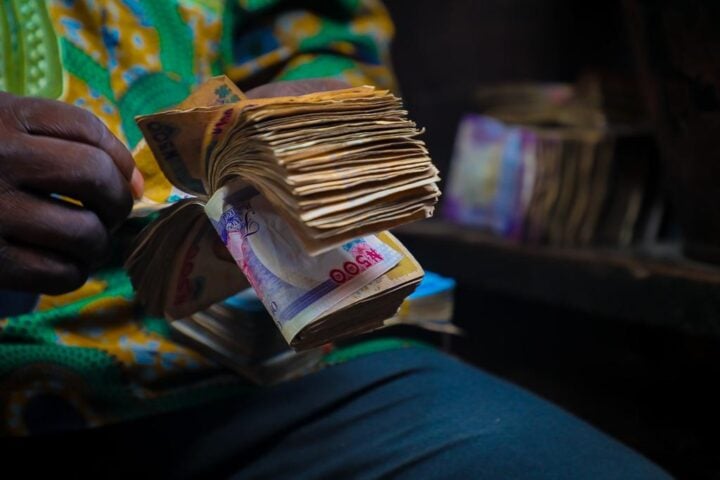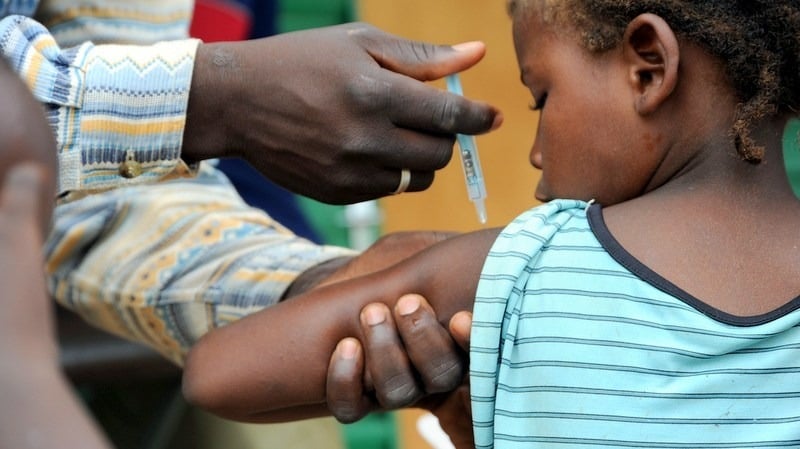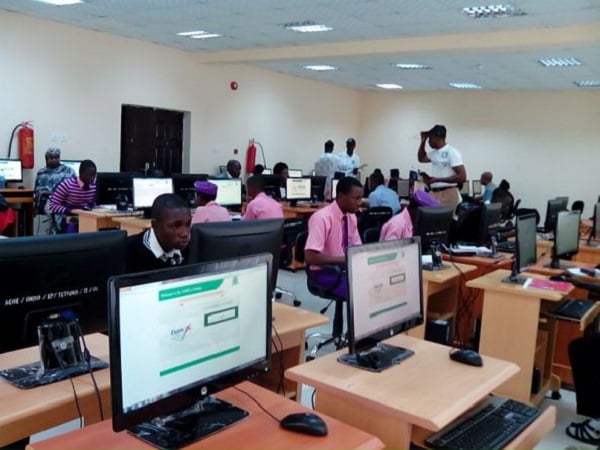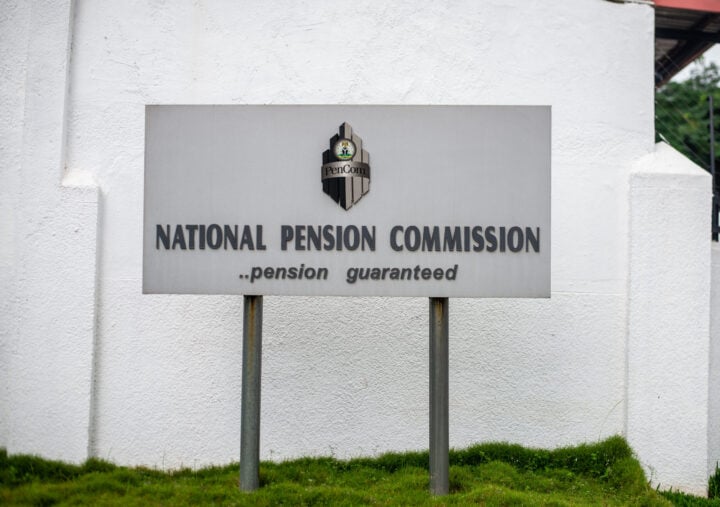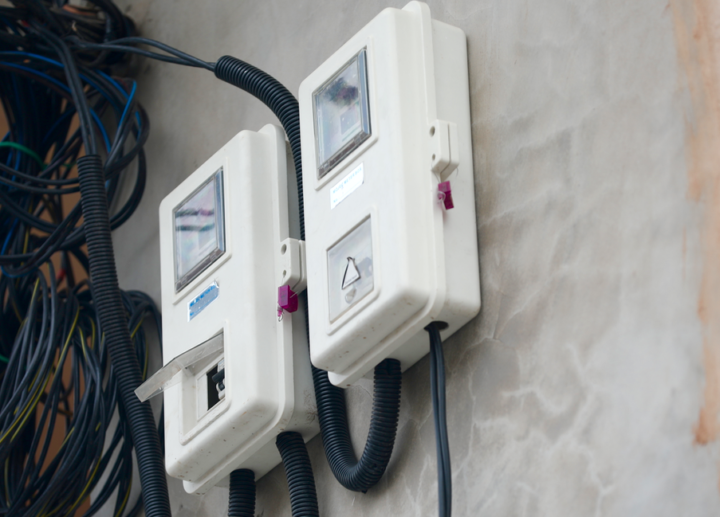A bundle of naira notes
The Abuja Chamber of Commerce and Industry (ACCI) says corrupt practices, rather than legitimate business activities, are primarily responsible for the excessive pressure on the naira.
Emeka Obegolu, ACCI’s president, spoke in an interview with NAN on Thursday in Abuja.
He said illicit financial transactions are putting pressure on the naira, resulting in its undervaluation and posing a significant national challenge.
Obegolu urged the federal government to curb illicit transactions by combating corruption within the financial system speedily and penalising offenders identified by relevant authorities.
Advertisement
He urged the Economic and Financial Crimes Commission (EFCC) to present concrete evidence on how banks’ chief executive officers hoarded dollars while declaring profits.
“The core issue lies in illicit naira transactions for the dollar. The government must tackle this illicit practice head-on,” Obegolu said.
“I am convinced that the naira is undervalued with its true value estimated to be between 800 and 1,000 naira to the dollar.
Advertisement
“The undue strain on the naira is predominantly fuelled by corrupt practices, rather than by legitimate business activities. Thus, addressing corruption is paramount.
“Speculations can unjustly damage reputations by implicating both innocent and guilty parties alike.
“Therefore, reliance on factual information is crucial. We must ascertain how these activities are conducted and hold wrongdoers accountable.”
Speaking on rising prices of food items, Obegolu said it is necessary for the government to implement measures to boost citizens’ purchasing power.
Advertisement
The ACCI boss called for the support of local businesses, urging the government to refrain from implementing arbitrary taxes and excessive exchange rates on imported goods.
This, he said, would promote competition and encourage domestic production of goods that are currently imported at similar prices.
“There is no valid reason for a shoe imported from China to be cheaper than the one produced in Aba, Abia. However, the pricing disparity persists today,” he said.
“It indicates that the Chinese have harnessed technology to reduce production costs. Therefore, the Nigerian government needs to invest in technology to bolster local enterprises.
Advertisement
“As a local entrepreneur importing machinery from China for shoe production, one should be able to obtain dollars at government rates.
“In instances where entrepreneurs are unable to secure the dollar at the official rate, they resort to the foreign exchange market.
Advertisement
“If there are unfavourable changes in exchange rates before their goods arrive, they encounter challenges.’’
According to Obegolu, this can result in additional borrowings to clear goods and to navigate various checkpoints and ultimately, diminish the entrepreneur’s competitiveness.
Advertisement
Add a comment
